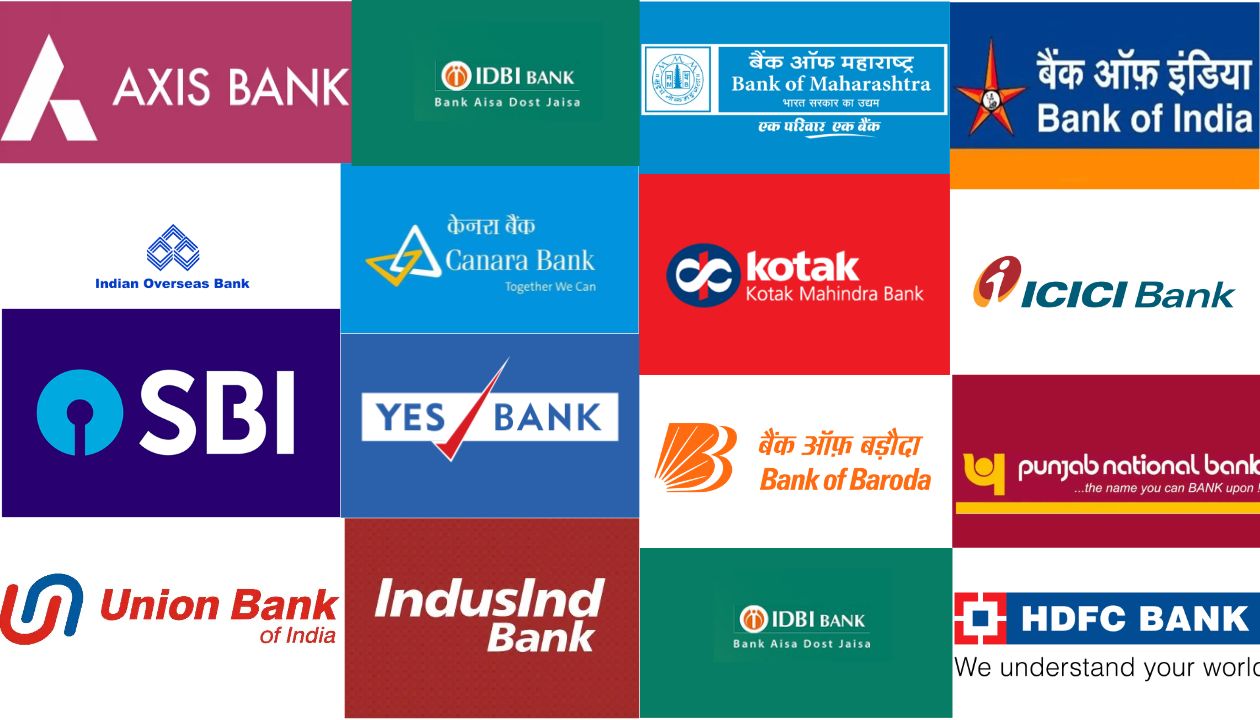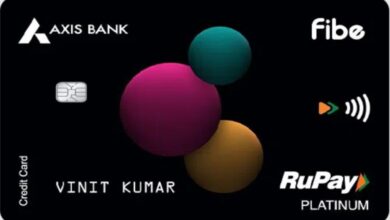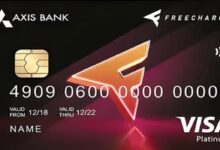Which bank gives credit card easily

Credit cards are an integral part of our lives, whether we use them for shopping, paying bills, or booking a vacation. Credit cards provide a convenient and secure way to access funds, and they offer various benefits such as reward points, cashback, and discounts. However, not everyone is eligible for a credit card, and the application process can be lengthy and tedious. In this article, we will discuss which bank gives credit card easily, the criteria for eligibility, and the pros and cons of using a credit card.
Which bank gives credit card easily?
There is no definitive answer to this question since each bank has its own criteria for approving credit card applications. However, some banks are more lenient than others and have a higher approval rate for credit cards. Here are some of the banks that are known for giving credit cards easily:
- ICICI Bank: ICICI Bank is one of the largest private sector banks in India, and it offers a wide range of credit cards to suit different needs and preferences. The bank has a straightforward application process, and it offers credit cards with low interest rates, reward points, and cashback.
- HDFC Bank: HDFC Bank is another popular bank that offers credit cards with attractive benefits such as reward points, cashback, and discounts. The bank has a simple application process, and it offers credit cards to both salaried and self-employed individuals.
- Axis Bank: Axis Bank is a leading private sector bank in India, and it offers credit cards with a range of benefits such as reward points, cashback, and discounts. The bank has a quick and easy application process, and it offers credit cards to both salaried and self-employed individuals.
- Kotak Mahindra Bank: Kotak Mahindra Bank is a well-known private sector bank in India, and it offers credit cards with attractive benefits such as reward points, cashback, and discounts. The bank has a simple and fast application process, and it offers credit cards to both salaried and self-employed individuals.
- Standard Chartered Bank: Standard Chartered Bank is a multinational bank that offers credit cards with a range of benefits such as reward points, cashback, and discounts. The bank has a quick and easy application process, and it offers credit cards to both salaried and self-employed individuals.
Criteria for eligibility:
While some banks may have a higher approval rate for credit cards, they still have certain eligibility criteria that applicants must meet. Here are some of the common criteria for eligibility:
- Age: Most banks require applicants to be at least 21 years old and not more than 65 years old.
- Income: Banks require applicants to have a regular source of income, whether it is from a job or a business. The minimum income requirement varies from bank to bank, but it is usually around Rs. 20,000 per month.
- Credit score: Banks check the applicant’s credit score to determine their creditworthiness. A good credit score increases the chances of getting approved for a credit card.
- Documents: Applicants must submit certain documents such as identity proof, address proof, and income proof to support their application.
- Employment status: Banks may require applicants to be employed for a certain period or have a stable source of income.
Pros and cons of using a credit card:
While credit cards offer various benefits, they also come with some drawbacks. Here are some of the pros and cons of using a credit card:
Pros:
- Convenience: Credit cards provide a convenient and secure way to access funds without carrying cash.
- Rewards: Credit cards offer rewards such as reward points, cashback, and discounts, which can be used for shopping, dining, or travel.
- Credit score: Using a credit
card responsibly and making timely payments can improve your credit score, making it easier to get approved for loans and other financial products in the future.
- Emergency funding: Credit cards can provide emergency funding in case of unexpected expenses or emergencies.
- Purchase protection: Credit cards offer purchase protection, which can help protect your purchases in case of theft or damage.
Cons:
- Debt: Using a credit card can lead to debt if you do not pay off the balance in full every month. High-interest rates can make it difficult to pay off the balance, leading to a cycle of debt.
- Overspending: Credit cards can make it easy to overspend since you do not have to pay for purchases upfront.
- Fees: Credit cards come with various fees such as annual fees, late payment fees, and cash advance fees.
- Credit score: Late payments, maxing out your credit card, or carrying a high balance can negatively impact your credit score.
- Fraud: Credit card fraud is a common problem, and it can result in financial losses and a damaged credit score.
Conclusion:
In conclusion, while some banks may have a higher approval rate for credit cards, they still have certain eligibility criteria that applicants must meet. It is important to understand the pros and cons of using a credit card before applying for one. Using a credit card responsibly can offer various benefits such as rewards, convenience, and improved credit score. However, overspending, high-interest rates, and fees can lead to debt and financial trouble. It is important to use a credit card wisely and make timely payments to avoid debt and negative impacts on your credit score.






